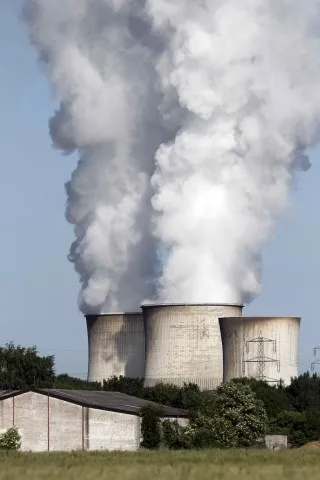
South Korea, Japan to beat a record 100 MW of energy storage installations
They'll be part of almost 60% of global installations.
Commercial energy storage activity is currently consolidated in just a handful of leading regions, but falling system costs will be a major factor enabling broader global market growth. For the first time, South Korea, Japan and the United States will each exceed a record 100 megawatts of annual energy storage installations in 2015. These three countries will account for 59 percent of global installations by 2016, but deployment will also increase in other regions in the next five years, according to IHS.
“South Korea, Japan and the United States are forecast to account for the majority of combined global installations next year, which shows just how few countries are currently experiencing significant commercial deployment of energy storage,” said Sam Wilkinson, solar supply-chain and energy storage analyst for IHS Technology. “Most other global markets currently remain firmly in the test, pilot and demonstration phases.”
Led by price declines in lithium ion (li-ion) batteries, system prices have fallen significantly over the last few years, according to the Grid-Connected Energy Storage Report from the IHS Energy Storage Intelligence Service. Average li-ion battery prices fell 53 percent, between 2012 and 2015, and by 2019 they are forecast to again decline by half again.
Storage inverters, power conversion systems (PCS) and other components will also experience significant competition in the coming years, and prices are expected to fall quickly. In fact, for a typical 30-minute duration utility-scale li-ion system, more than 60 percent of the total reduction in system costs between 2013 and 2019 will come from the balance-of-plant equipment, rather than from batteries alone. “The breakdown of system costs, and the future evolution of prices, varies significantly depending on whether the system is configured to provide a high-power or high-energy application,” Wilkinson said, “but battery costs will continue to decline over the next five years.”








![Cross Domain [Manu + SBR + ABF + ABR + FMCG + HBR + ]](https://cmg-qa.s3.ap-southeast-1.amazonaws.com/s3fs-public/styles/exclusive_featured_article/public/2025-01/earth-3537401_1920_4.jpg.webp?itok=WaRpTJwE)
![Cross Domain [SBR + ABR]](https://cmg-qa.s3.ap-southeast-1.amazonaws.com/s3fs-public/styles/exclusive_featured_article/public/2025-01/pexels-jahoo-867092-2_1.jpg.webp?itok=o7MUL1oO)









 Advertise
Advertise


